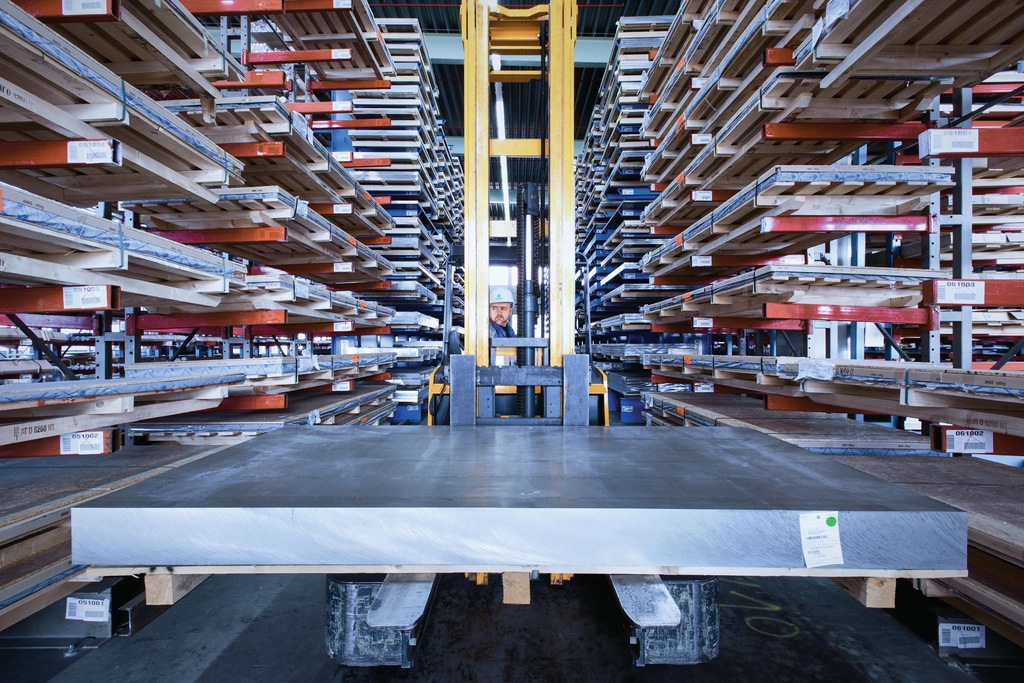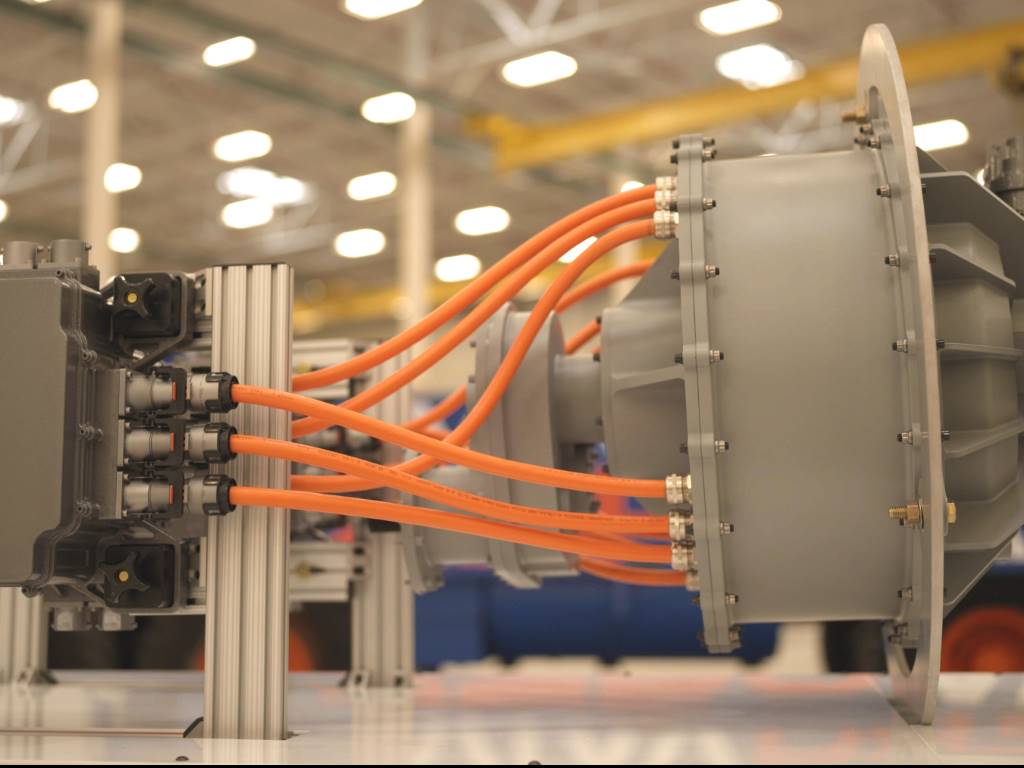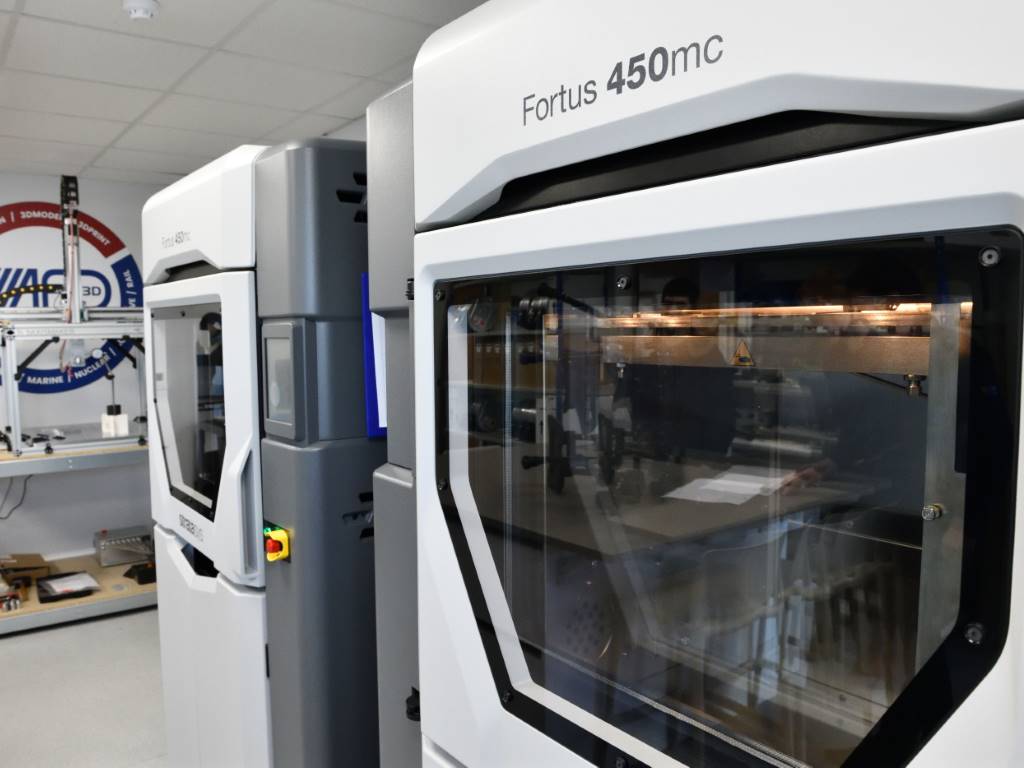Meeting the supply chain challenges ahead

Do you want to be flexible and respond to the changes of the current fluctuating materials market? thyssenkrupp Materials UK says it has all the answers.
Managing global supply chains and dealing with geographical complexities are major challenges aerospace manufacturers are continuously facing. Adding the uncertainties created by the Covid-19 pandemic and the fluctuations in the materials market, the visibility on and control of the supply chain can be a challenge.
With signs of a potential recovery in demand in the commercial aerospace market, this situation can be potentially dangerous for the manufacturers, who have already been severely impacted by the Covid-19 pandemic. Proactive supply chain management therefore plays a crucial role in supporting the expected ramp-up. Having a robust but at the same time agile supply chain is a basic requirement to build resilience in the current uncertain and volatile marketplace.

With major aircraft makers announcing a planned and steep rise in build rates, the situation becomes even more complex. As demand increases and translates through the supply chain, a ‘bullwhip’ effect can occur, amplifying demand and creating a surge in requirements along the various tiers. In an already tight market, mill manufacturers may struggle to cope with the increasing demand, extending their lead-times and creating further shortages as demand outstrips capacity. If not carefully managed, this can result in significant disruption for the supply chain and impacts to production.
To avoid such issues, thyssenkrupp Materials UK, part of the larger thyssenkrupp Aerospace and global supply chain management organisation, has been supporting its customers with control tower solutions, helping them to manage their supply chains, mitigate risk and ensure they are prepared for the recovery.
Simon Davies, head of key accounts at thyssenkrupp Materials UK commented: “We are currently seeing lots of challenges in the materials market, with mill lead-times extending, prices rising through the gains in London Metal Exchange (LME) and elemental trading and the remaining uncertainty of the Covid-19 pandemic affecting the recovery. Aerospace manufacturers need to plan effectively to secure supply, control cost and meet their quality goals and their production needs.”
thyssenkrupp Materials UK successfully manages both OE directed-buy mill agreements and the company also owns strategic long-term mill agreements for its customers. Working with supply chain specialists such as thyssenkrupp Materials UK, provides manufacturers with the security and transparency of their supply chain, which is vital in meeting the expected challenges ahead.













